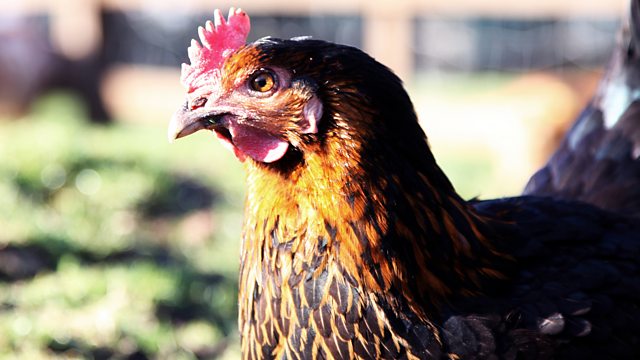
14/04/2021 - Volatile farm incomes, live animal exports to the EU, the state of our woodlands
As the farm subsidy system changes, and area-based payments are phased out in England, how can farmers plan for future volatility in farm incomes?
Predicted farm incomes for this year have been released by the Department for Environment, Food and Rural Affairs - and they reveal the impact of both the weather and the pandemic. The average income on cereal farms is forecast to fall by around 43% after the poor harvest of 2020. Meanwhile, high prices for cattle and lambs means lowland livestock farms could see incomes increase by as much as 78%. We ask how farmers can plan for future volatility.
More than 100 days after the end of the Brexit transition period, the trade in live animals for breeding is still being affected by the changes. Importers report delays, extra paperwork and mounting costs, while live exporting to the EU by sea has come to a complete halt because of a lack of border control posts on the other side of the Channel.
A report from the Woodland Trust shows our native woodlands are under significant threat. It shows just 7% are in a βgoodβ condition, and climate change, pests, diseases and a lack of planting are all making the situation worse. The charity is calling on the Government to set legally-binding targets for woodland protection and planting.
Presented by Anna Hill
Produced for ΒιΆΉΤΌΕΔ Audio in Bristol by Heather Simons
Last on
Broadcast
- Wed 14 Apr 2021 05:45ΒιΆΉΤΌΕΔ Radio 4
Podcast
-
![]()
Farming Today
The latest news about food, farming and the countryside

